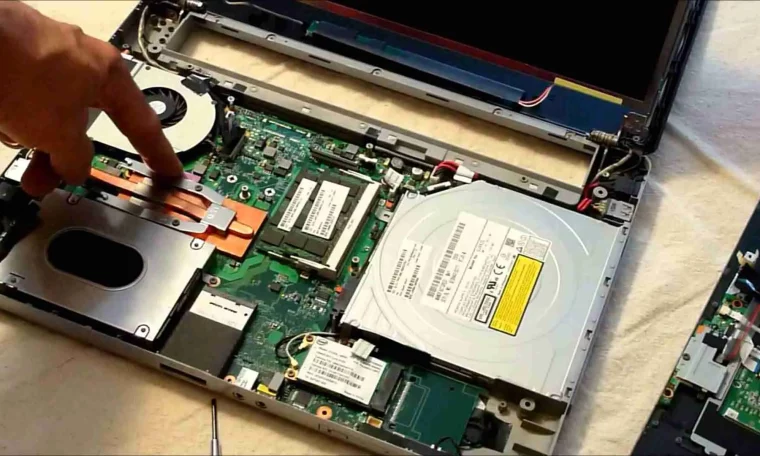
Your laptop is probably the most valuable device you own. From our finances to our personal data, laptops contain sensitive information that can easily be compromised if not taken care of properly. That’s why it’s important to know how to protect your laptop from viruses and malware. In this blog post, we’ll discuss the different ways you can keep your laptop safe from malicious software and digital threats. We’ll also touch on the importance of keeping up with security updates and good security practices, as well as how to identify potential threats and respond accordingly. All of the below listed steps if followed properly will avoid unexpected failures and laptop repairs. Let’s get started!
Keep your operating system and software up to date
It’s important to keep your operating system and software up to date in order to protect your laptop from viruses and malware. Here are some tips:
-Make sure you have the latest version of your operating system installed.
-Install security updates and patches as soon as they’re available.
-Use antivirus software, and keep it up to date.
-Don’t open email attachments from unknown senders.
-Be cautious about downloading files from the Internet.
Use antivirus and antimalware software
Antivirus and antimalware software are two of the most important tools you can use to protect your laptop from viruses and malware. By installing and regularly updating these programs, you can help defend your computer against the latest threats.
There are a number of different antivirus and antimalware programs available, so it’s important to choose one that’s right for you. Some factors to consider include the level of protection offered, ease of use, and price.
Once you’ve selected a program, be sure to install it on your laptop and keep it up-to-date. Antivirus and antimalware software work best when used together, so it’s also a good idea to have both installed on your computer.
Don’t click on links in emails or open attachments from unknown senders
In today’s digital age, it’s important to be aware of the dangers of clicking on links in emails or opening attachments from unknown senders. Hackers and scammers can use these methods to infect your laptop with viruses and malware that can steal your personal information or damage your computer. To protect yourself, only click on links or open attachments from sources that you trust. If you’re unsure about a sender, do some research to confirm their identity before proceeding. When in doubt, err on the side of caution and don’t take any risks.
Use a firewall
A firewall is a security measure that can be used to protect your laptop from viruses and malware. Firewalls can be either hardware- or software-based, and they work by blocking incoming network traffic that is not authorized.
If you are wondering whether or not you should use a firewall, the answer is yes – especially if you are connected to the internet regularly. Firewalls help to prevent unauthorized access to your computer, and they can also help to block potentially harmful programs and files from being downloaded onto your machine.
There are a few different ways to set up a firewall, but the most important thing is to make sure that it is enabled and properly configured. Many routers come with built-in firewalls, so if yours does, be sure to turn it on. You can also download and install firewall software onto your laptop; there are many different options available, so do some research to find one that best suits your needs.
Back up your data regularly
Your computer likely contains a lot of important files and data. Losing this information can be devastating, so it’s important to back up your data regularly. There are a few different ways you can do this:
-External hard drive: This is one of the most popular methods of backing up data. You can connect an external hard drive to your computer and copy all of your important files over. Make sure to disconnect the hard drive properly when you’re finished so that your data stays safe.
-Cloud storage: This is a newer method of backing up data, but it’s becoming increasingly popular. With cloud storage, you can upload your files to a remote server. This way, even if your computer is lost or damaged, your data will still be safe.
-Flash drive: A flash drive is a small, portable device that you can plug into your computer’s USB port. You can then copy over any important files you want to save. Flash drives are handy because they’re small and easy to take with you wherever you go.
Conclusion
Taking the necessary steps to protect your laptop from viruses and malware is a better choice than dealing with their consequences. It’s important to practice good computer hygiene, such as keeping your operating system up-to-date, downloading anti-virus software, running frequent scans, being mindful of what emails you open or websites you visit, and backing up all important files regularly. By taking these precautions, you can ensure that your laptop remains safe and secure so that it can continue to provide great service for years to come.



